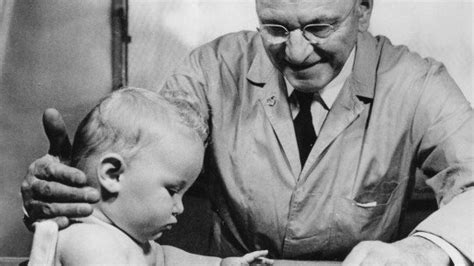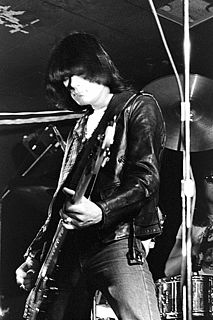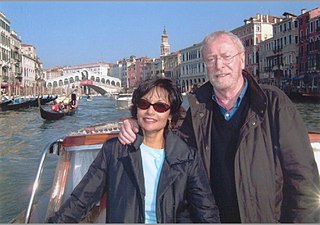A Quote by Michael Gurian
The culture in which you parent, mentor, or educate boys exhorts them to be individualistic and group-oriented at once, but does not give them a tribal structure in which to accomplish both in balance. It used to be that the tribe formed a boy's character while the peer group existed primarily to test and befriend that character. Nowadays, boys' characters are often formed in the peer group. Mentors and intimate role models rarely exist to show the growing boy in any long-term and consistent way how both to serve a group and flourish as an independent self.
Quote Topics
Accomplish
Any
Balance
Befriend
Both
Boy
Boys
Character
Characters
Consistent
Culture
Does
Educate
Exist
Existed
Flourish
Formed
Give
Group
Growing
How
Independent
Individualistic
Intimate
Long
Long-Term
Mentor
Mentors
Models
Nowadays
Often
Once
Oriented
Parent
Peer
Peer Group
Primarily
Rarely
Role
Role Model
Role Models
Self
Serve
Show
Structure
Term
Test
Them
Tribal
Tribe
Used
Used To Be
Way
Which
While
Related Quotes
Your peer group are people with similar dreams, goals and worldviews. They are people who will push you in exchange for being pushed, who will raise the bar and tell you the truth. They're not in your business, but they're in your shoes. Finding a peer group and working with them, intentionally and on a regular schedule, might be the single biggest boost your career can experience.
If the Russians have gone too far in subjecting the child and his peer group to conformity to a single set of values imposed by the adult society, perhaps we have reached the point of diminishing returns in allowing excessive autonomy and in failing to utilize the constructive potential of the peer group in developing social responsibility and consideration for others.
The family is both a biological and a cultural group. It is biologic in sense that it is the best arrangement for begetting children and protecting them while they are dependent. It is a cultural group because it brings into intimate association persons of different age and sex who renew and reshape the folkways of the society into which they are born. The household serves as a "cultural workshop" for the transmission of old traditions and for the creation of new social values.
Groups are only smart when there is a balance between the information that everyone in the group shares and the information that each of the members of the group holds privately. It's the combination of all those pieces of independent information, some of them right, some of the wrong, that keeps the group wise.
Society is not a mere sum of individuals. Rather, the system formed by their association represents a specific reality which has its own characteristics... The group thinks, feels, and acts quite differently from the way in which its members would were they isolated. If, then, we begin with the individual, we shall be able to understand nothing of what takes place in the group.
If you think about it, there's not a religious group, there's not a nationalistic group, there's not a tribe, there is no grouping of people to my knowledge, of any consequence, who have not, at one or another time, been the object of hatred, racism, or who has not had people against them just because they were them.
One has to give minority groups a kind of reward, an emotional reward, that it is worthwhile assimilating to this particular majority group. And if this majority group looks down on itself ... If a minority group is not given some pride in assimilating to the culture of another group then the process is very difficult.
My parents are actually very famous singers in Bulgaria. My dad was in a rock band, and my mom was in a pop group. They met, fell in love, and actually formed a group together to escape the country because it was Communist, and they couldn't leave. They didn't know any English but eventually found their way to America.
I listen to some of you guys out there, hyper-reformed boys, you're concerned if you preach the gospel to the wrong person, the wrong person might get saved. So you don't want to preach it too good, 'well wait a minute, I don't think you should've been getting saved, I'm not sure you're in the group.' What do you mean in the group! If you breath you're in the group! If you have ears to hear you're in the group! And if you choose not to respond it's your own fault, not God's.
A new world of complex relationships and feelings opens up when the peer group takes its place alongside the family as the emotional focus of the child's life. Early peer relationships contribute significantly to the child's ability to participate in a group (and in that sense, society), deal with competition and disappointment, enjoy the intimacy of friendships, and intuitively understand social relationships as they play out at school, in the neighborhood, and later in the workplace and adult family.



































